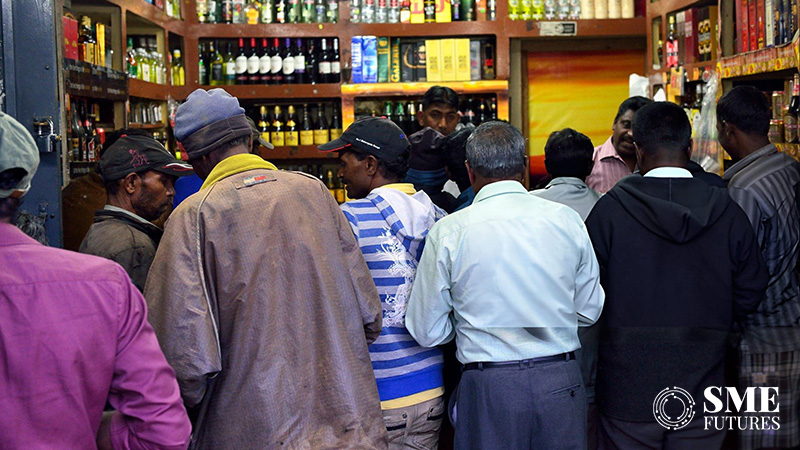In a move set to influence consumers, the economy, and public health, Tamil Nadu has declared an increase in liquor prices effective February 1, 2024. The decision, driven by heightened excise duty and sales tax, marks the first surge in the cost of Indian Made Foreign Liquor (IMFL) in the past two years. This strategic measure is expected to generate an additional Rs 5,000 crore annually for the Tamil Nadu State Marketing Corporation (TASMAC), the state’s monopoly on alcohol sales.
The pricing adjustments include a Rs 10 raise for 180 ml bottles of ordinary and medium-range liquor and a Rs 20 hike for top-category liquor. Sales tax and excise duty are the primary contributors to this increase, aligning with TASMAC’s exclusive launch of premium liquor brands in upscale locations.
Impact on the economy:
The additional revenue holds the potential to fuel infrastructure development, support social welfare programs, and address unemployment concerns. However, there is a potential downside, as a significant portion of Tamil Nadu’s workforce in the liquor sector may face job losses if consumer spending diminishes.
Effect on consumers:
Consumers are likely to feel the impact of these liquor price adjustments in their budgets and preferences. TASMAC’s move to increase prices across various categories underscores a focus on generating revenue, particularly from higher-end products. The alteration will affect various types of alcoholic beverages, prompting a significant shift in the state’s alcohol landscape.
Reasons behind the price increase:
The primary driver behind the price surge is the escalated excise duty imposed by the Tamil Nadu government. Financial pressures, including economic slowdowns and increased spending on social welfare programs, have likely influenced this decision, aiming to alleviate budgetary strain and boost revenue.
Anticipated effects:
While the price increase aims to generate additional revenue for TASMAC, its impact on consumers, the state economy, and public health remains uncertain. Possible outcomes include increased spending on alcohol, shifts to less expensive brands or illegal options, and potential contractions in certain sectors of the economy.
As Tamil Nadu navigates this nuanced policy change, continuous monitoring and adjustments will be crucial to achieving intended goals without unintended consequences.











